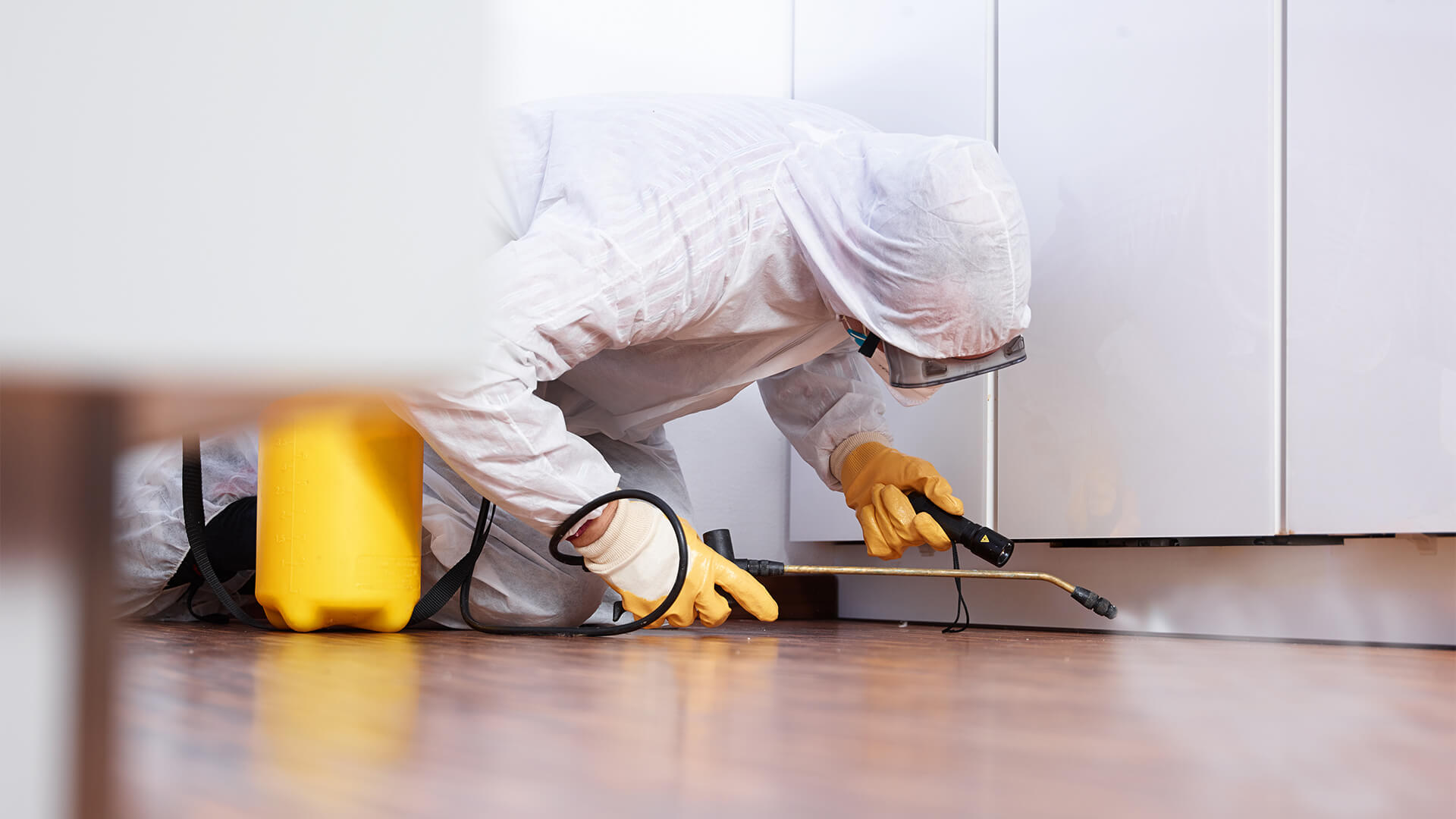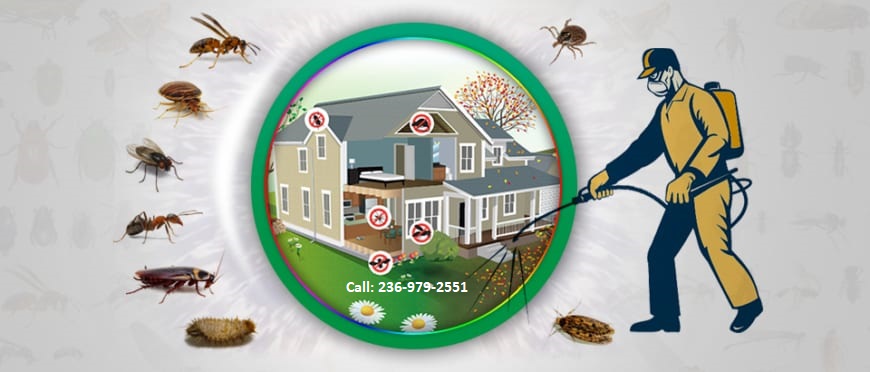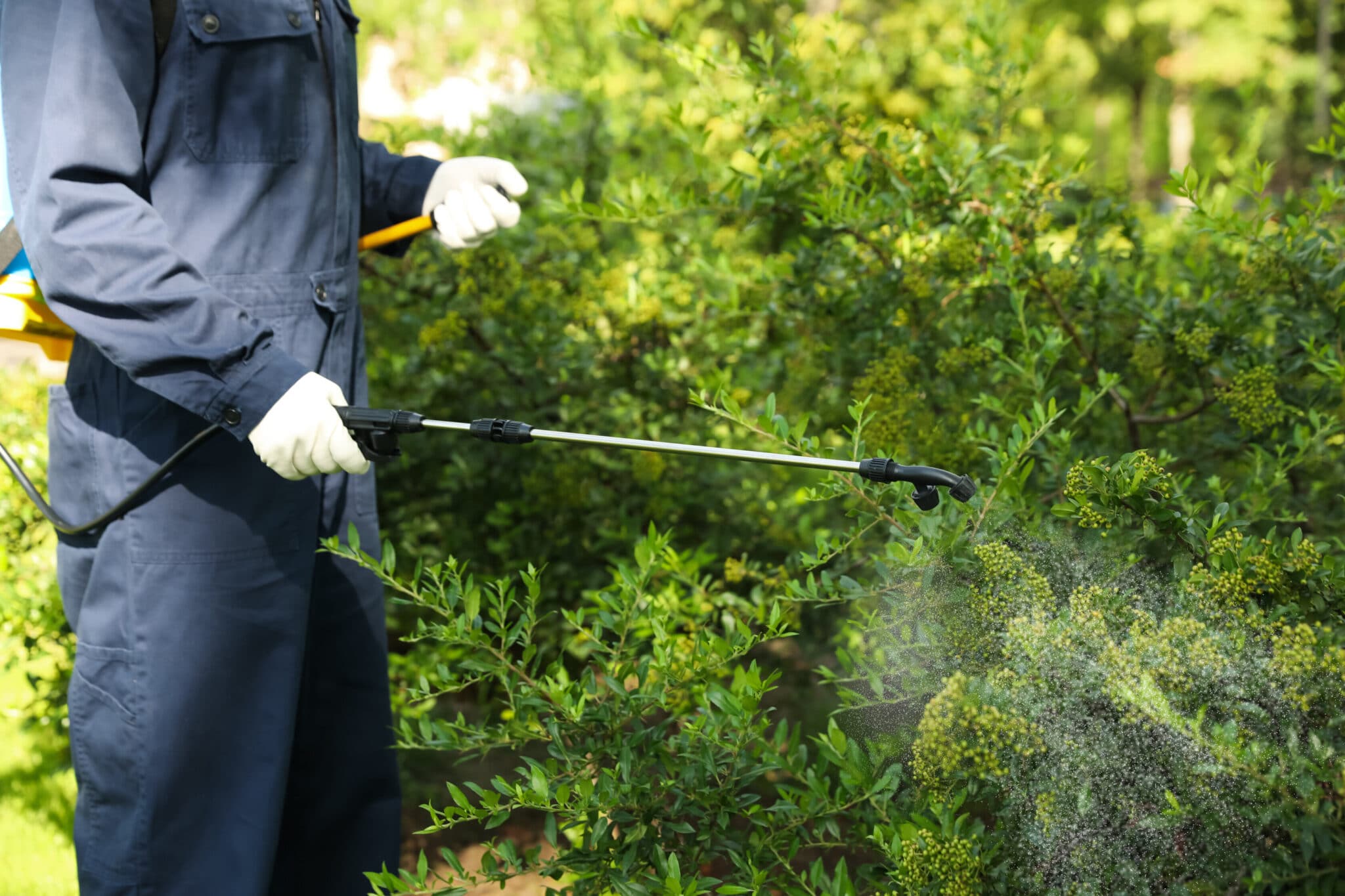Safe and Reputable Pest Control for Lasting Security
Effective bug administration calls for a diverse technique that balances environmental stability with the requirement for efficient bug suppression. The nuances of these methods may not be right away clear, motivating a more detailed assessment of the techniques that can lead to sustainable pest control outcomes.
Recognizing Parasite Control Approaches
Parasite control includes a range of techniques focused on handling and removing undesirable insects and rodents that can endanger both health and wellness and home. Comprehending these techniques is crucial for effective insect administration.
The primary categories of bug control methods include mechanical, biological, and chemical techniques. Mechanical methods involve physical barriers and catches to stop bug entry and capture unwanted types. As an example, making use of displays on home windows or utilizing sticky catches can considerably reduce bug populaces without introducing harmful compounds.

Chemical parasite control is often the most acknowledged technique, making use of pesticides to eliminate bugs. These chemicals can be reliable but should be made use of with care to prevent negative effects on non-target types and the atmosphere.
Benefits of Eco-Friendly Solutions
Exactly how can green solutions transform insect control practices? The fostering of environment-friendly insect control techniques offers various benefits, dramatically boosting the effectiveness and security of insect monitoring (exterminator coquitlam). To start with, these solutions use all-natural components, lowering the dependence on dangerous chemicals that can posture risks to human health and wellness and the environment. This change not only secures families and pet dogs yet additionally decreases the potential for dirt and water contamination.

Another advantage is the favorable effect on local biodiversity. Eco-friendly options are created to target certain insects while maintaining useful bugs and wildlife, advertising a well balanced ecosystem. This technique aligns with the expanding customer need for lasting practices, enhancing the reputation of parasite control providers.
Integrated Insect Monitoring Techniques
The execution of environmentally friendly options normally causes the adoption of Integrated Parasite Monitoring (IPM) approaches, which additionally boost bug control effectiveness. IPM is an all natural approach that combines several techniques to handle parasite populaces while minimizing environmental effect. This strategy stresses the usage of biological, cultural, mechanical, and chemical controls, guaranteeing a balanced and lasting approach of pest monitoring.
One essential aspect of IPM is the comprehensive analysis of insect activity and environmental conditions. By keeping track of insect populaces and determining their life process, experts can apply targeted treatments that interrupt the parasite's habitat or lifecycle, minimizing reliance on chemical pesticides. Furthermore, cultural techniques such as plant rotation and habitat control can considerably diminish parasite facility and recreation.
One more crucial element is the usage of biological control representatives, such as beneficial pests or microorganisms, which can naturally suppress insect populaces. When chemical applications are essential, IPM focuses on the usage of low-risk chemicals and applies them precisely, reducing direct exposure to non-target organisms and people.
Incorporating IPM approaches not only enhances bug control effectiveness but additionally advertises a much safer ecosystem, lining up with the expanding demand for lasting practices in bug management.
Safe Practices for Property Owners
Recognizing the relevance of secure techniques in parasite control can empower house owners to efficiently take care of parasite problems while guarding their wellness and the environment. Applying preventive actions and safe techniques is important in minimizing exposure anchor to harmful chemicals.
Home owners need to first examine their environment for problems that bring in parasites, such as standing food, water, and mess waste. Frequently cleansing and sealing entrance factors can hinder pests from getting into the home. Utilizing natural deterrents, such as crucial oils or diatomaceous earth, can offer effective alternatives to chemical pesticides.
When chemical therapies are required, home owners must decide for items that are particularly identified as risk-free for domestic usage. It is vital to follow application standards thoroughly to stay clear of overexposure. Making use of targeted therapies in locations where pests are identified, rather than covering splashing, can significantly lower chemical use.
Finally, maintaining open interaction with parasite control professionals is essential. House owners must inquire regarding the safety and security of items made use of and request environmentally friendly options whenever feasible. By taking on these secure techniques, house owners can produce a much healthier living atmosphere while successfully managing bug problems.

Tips for Long-Term Defense
Developing a pest monitoring method that emphasizes long-lasting security can considerably improve the efficiency of the secure practices formerly discussed. To accomplish this, home owners home ought to execute routine inspections of their home, concentrating on hidden areas such as attic rooms, cellars, and crawl spaces. Early discovery of parasite task is crucial in avoiding problems from holding.
These practices decrease attractants that draw bugs into the home. Securing access factors, such as fractures around doors and windows, can properly block potential pest accessibility.
Landscape design must also be taken into consideration; keeping plants trimmed and keeping a range between vegetation and the home minimizes hiding spots for parasites. Making use of natural deterrents, additional reading such as vital oils or diatomaceous earth, can further discourage invasions without considering rough chemicals.
Last but not least, collaborating with a specialist bug control solution for periodic analyses can offer an additional layer of security. These specialists can use customized referrals and advanced therapies, making certain that your home continues to be shielded against bugs in the long-term.
Verdict
In verdict, secure and trustworthy pest control calls for a multifaceted technique that stresses eco-friendly techniques and incorporated parasite administration. By carrying out natural deterrents, conducting routine inspections, and keeping proper hygiene, home proprietors can substantially reduce parasite populations while securing useful insects and the atmosphere. Cooperation with specialist parasite control solutions enhances the efficiency of these strategies, making sure customized remedies that supply long-term protection and satisfaction versus future invasions.
Reliable parasite monitoring calls for a complex strategy that balances environmental honesty with the requirement for reliable bug suppression. The fostering of eco-friendly insect control techniques supplies various benefits, considerably boosting the performance and safety and security of parasite administration.The application of eco-friendly options naturally leads to the adoption of Integrated Parasite Administration (IPM) strategies, which additionally enhance pest control efficacy. exterminator coquitlam. By keeping track of bug populations and identifying their life cycles, specialists can implement targeted treatments that interrupt the parasite's environment or lifecycle, lowering dependence on chemical pesticides.In final thought, trusted and risk-free parasite control calls for a diverse approach that emphasizes eco-friendly techniques and incorporated insect management